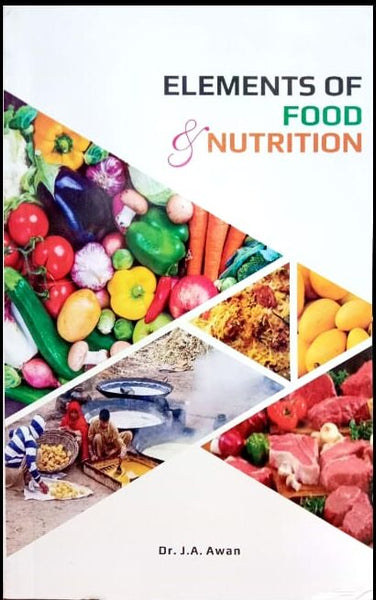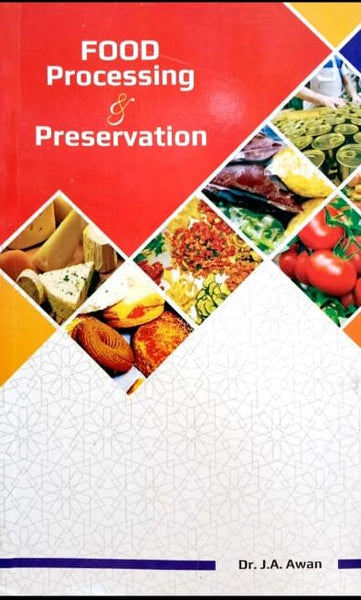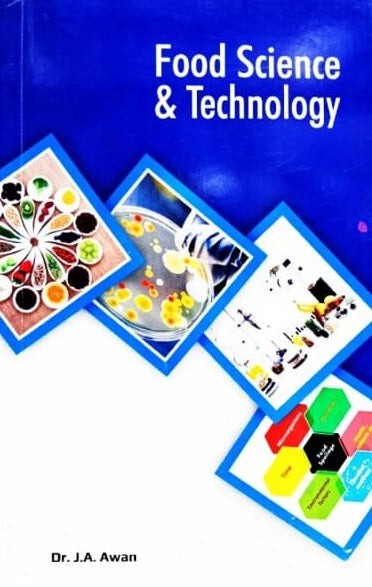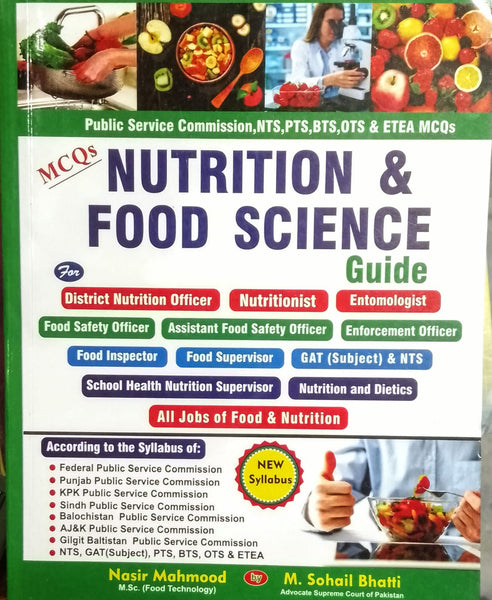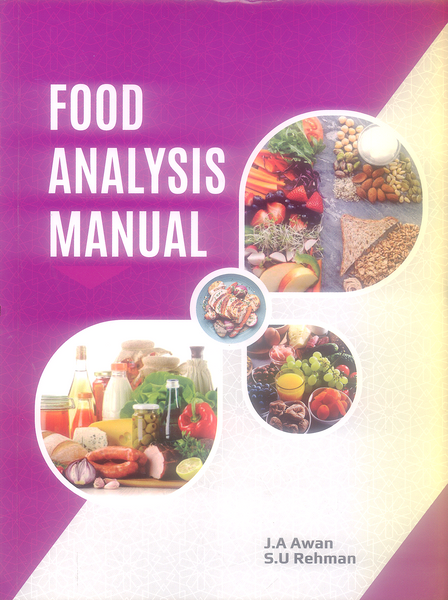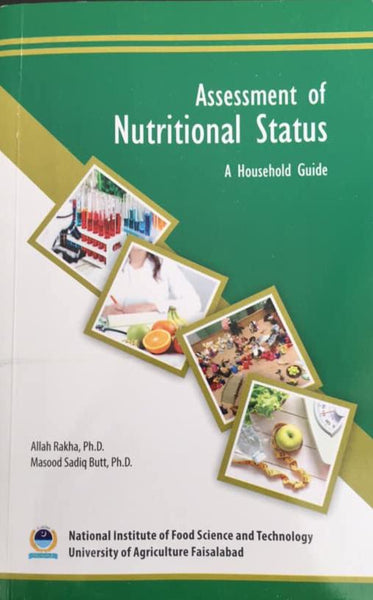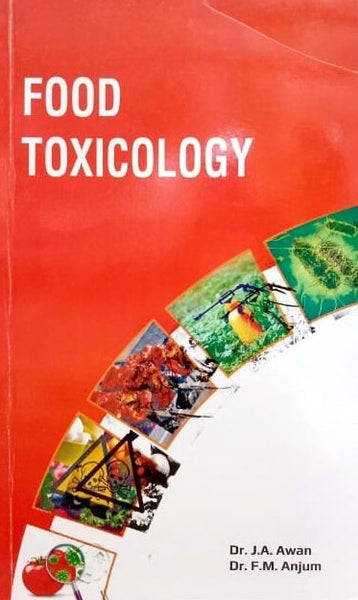Antimicrobials In Food 4th Edition By P Michael Davidson
- Publisher: FOOD SCIENCE & TECHNOLOGY
- Availability: In Stock
- SKU: 49337
- Number of Pages: 810
Rs.1,550.00
Rs.2,295.00
Tags: Animal Antimicrobials , Antimicrobial Resistance , Antimicrobials , Antimicrobials In Food , Antimicrobials In Food 4th Edition , Best Price , Best Selling Books , Biochemical Mechanisms , Biotechnology , Book Shop , Cell Wall Disruption , Codex Alimentarius , Convenient Shopping , Dairy Safety , DNA Interference , EFSA , FDA , Food Industry , Food Matrices , Food Microbiology , Food Packaging , Food Preservation , Food Processing , Food Quality , Food Safety , Food Technology , Internet Shop , Jairus RD David , Meat Preservation , Microbial Antimicrobials , Microbial Challenge Tests , Microbial Inhibition , Multi-target Antimicrobials , Natural Antimicrobials , Novel Antimicrobials , Online Book Shop , ONLINE BOOKS , Online Books Shop , Online Bookshop , P Michael Davidson , Plant Antimicrobials , Produce Safety. , Protein Synthesis Inhibition , Regulatory Aspects , Seafood Antimicrobials , Sensory Evaluations , Shelf Life , Synthetic Antimicrobials , T Matthew Taylor , Toxicity Studies
"Antimicrobials In Food, 4th Edition" by P. Michael Davidson, T. Matthew Taylor, and Jairus R. D. David is an authoritative and comprehensive reference that delves into the use, mechanisms, and effectiveness of antimicrobials in food preservation and safety. This edition provides updated insights into the latest scientific advancements, regulatory frameworks, and practical applications of antimicrobial agents in the food industry. The book covers a wide range of topics, from natural and synthetic antimicrobials to the challenges of antimicrobial resistance, making it an essential resource for food scientists, technologists, and industry professionals.
Key Points
1. Introduction to Antimicrobials in Food
The book begins by explaining the fundamental role of antimicrobials in food preservation, highlighting their importance in extending shelf life and ensuring food safety by inhibiting the growth of harmful microorganisms.
2. Types of Antimicrobial Agents
A comprehensive review of various antimicrobial agents is provided, including natural, synthetic, and novel antimicrobials. The section details their sources, mechanisms of action, and applications in different food matrices.
3. Natural Antimicrobials
This section focuses on natural antimicrobials derived from plants, animals, and microorganisms. It discusses their benefits, potential applications, and challenges related to their use in food systems.
4. Synthetic Antimicrobials
An in-depth look at synthetic antimicrobial agents, including their development, efficacy, safety concerns, and regulatory status. The book evaluates their role in modern food preservation practices.
5. Mechanisms of Action
Explores the biochemical and molecular mechanisms through which antimicrobial agents inhibit or destroy microorganisms. This includes discussions on cell wall disruption, protein synthesis inhibition, and DNA interference.
6. Antimicrobial Resistance
Addresses the growing concern of antimicrobial resistance, examining its causes, impact on food safety, and strategies to mitigate this global issue. The section highlights the importance of responsible antimicrobial use.
7. Regulatory Aspects
Covers the regulatory frameworks governing the use of antimicrobials in food across different regions. It includes guidelines from major organizations such as the FDA, EFSA, and Codex Alimentarius.
8. Application in Different Food Products
Details the application of antimicrobial agents in various food products, including meat, dairy, seafood, and produce. The book discusses specific challenges and solutions for each type of food.
9. Safety and Efficacy Evaluation
Examines methods for evaluating the safety and efficacy of antimicrobial agents. It covers toxicity studies, microbial challenge tests, and sensory evaluations to ensure consumer safety and product quality.
10. Future Trends and Innovations
Highlights emerging trends and future directions in the field of food antimicrobials. This includes advancements in biotechnology, novel antimicrobial packaging, and the development of multi-target antimicrobials.
In conclusion, "Antimicrobials In Food, 4th Edition" serves as an indispensable guide for understanding the critical role of antimicrobials in food safety and preservation. The detailed exploration of different antimicrobial agents, their mechanisms, regulatory considerations, and future innovations provides readers with a thorough understanding necessary to address current challenges and leverage new opportunities in the food industry.
════ ⋆★⋆ ═══
Writer ✤ P Michael Davidson, T Matthew Taylor, Jairus RD David



